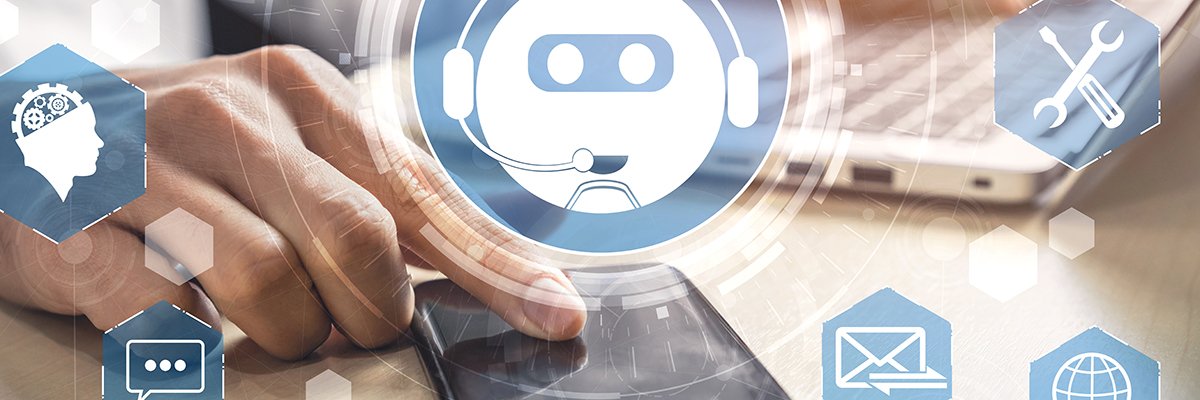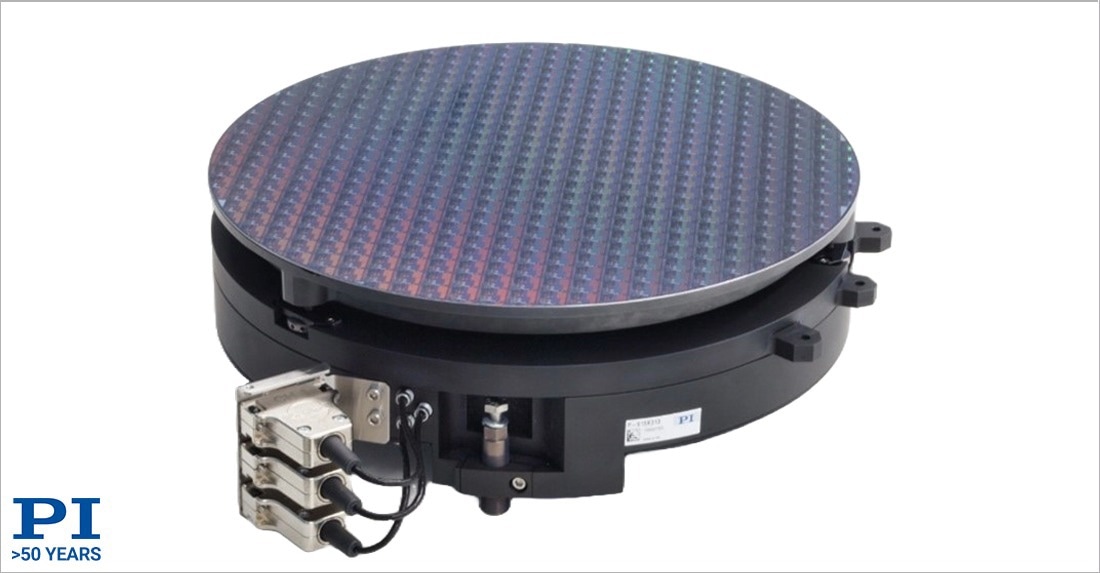[ad_1]
by Charles-Francois de Lannoy, Bassel A. Abdelkader and Jocelyn Riet, The Conversation

Within the effort to fight the catastrophic impacts of world warming, we should speed up carbon emissions discount efforts and quickly scale methods to take away carbon dioxide (CO2) from the environment and the oceans. The applied sciences for lowering our carbon emissions are mature; these for eradicating carbon from the atmosphere usually are not, and wish strong help from governments and the non-public sector.
Solely 45 % of carbon dioxide emissions stay within the environment; the rest is absorbed by way of two cycles: 1) the biological carbon cycle shops CO2 in plant matter and soils, and a pair of) the aqueous carbon cycle absorbs CO2 from the environment into the oceans. Every of those cycles accounts for 25 % and 30 % of emitted CO2, respectively.
CO2 that dissolves within the oceans reacts to type chemical substances that increase the acidity of the oceans. The dissolution of minerals from rocks alongside coastlines act to counterbalance this acidity, in a course of known as geological weathering, however the excessive enhance within the charge and quantity of CO2 emissions, particularly over the past 60 years, has far exceeded the speed of geological weathering, resulting in a 30 % enhance in ocean acidity.
Because the oceans acidify, hundreds of thousands of marine species and complete ecosystems—particularly coral reefs—might be unable to adapt.
We’re overwhelming the Earth’s pure re-balancing programs and harming its ecosystems within the course of. Our current work at McMaster College and the College of Toronto, supported by the Carbon to Sea Initiative, has tried to handle these challenges.
The problem forward
The excellent news is it’s potential to re-balance the pH of the oceans utilizing a course of known as ocean alkalinity enhancement (OAE). What’s extra, this rebalancing may even encourage further CO2 to be absorbed from the environment. By rigorously and frequently restoring the ocean’s alkalinity, ocean acidification and extra atmospheric CO2 concentrations might be tackled concurrently.
The obvious strategy could be to add finely ground alkali minerals into the ocean to straight decrease the acidity of the water. Nonetheless, the huge scale at which these processes must be enacted is staggering.
For instance, we estimate that the equal mass of roughly eight thousand Empire State buildings price of alkaline substance would must be added into the oceans every year beginning by mid-century to fulfill IPCC emissions targets. Clearly, this system can’t be the only resolution.
We imagine an electrochemical strategy operated on decarbonized vitality is likely one of the finest methods to fight ocean acidification. Using a process called bipolar membrane electrodialysis (BMED), the acidity of seawater is eliminated straight with out the addition of different substances. This expertise solely requires seawater, electrical energy and specialised membranes.
The simplicity and modularity inherent to the BMED expertise permits a versatile, scalable and probably cost-effective technique of carbon dioxide removing.
Constructing at scale
In 2015—with a workforce of researchers on the Palo Alto Analysis Heart and X Improvement—we built and tested a small-scale BMED system. This method performed well and reveals nice promise when coupled with current services resembling desalination vegetation.
We recognized its major technological limitations, however in 2015–2017, carbon credits and incentives for local weather change applied sciences have been inadequate and the venture was shelved. Now the financial and bodily local weather has modified.
On the financial entrance, each the tax credit offered by the Inflation Discount Act (IRA) in the USA in addition to the steadily rising revenue-neutral carbon tax in Canada are strengthening the financial viability of carbon dioxide discount applied sciences.
Additional, the current excessive climatic occasions previously 12 months from huge wildfires in Canada, to the most well liked months on file, to the warmest sea temperatures ever measured, are surprising folks into the obvious realities of local weather change and rising the demand for actual options. BMED expertise is one in all these options.
BMED expertise is proscribed partially by the specialised membranes which can be commercially obtainable. What’s extra, these membranes account for a good portion (round 30 %) of the capital price and have brief lifetimes as they’re susceptible to degradation.
Our work goals to develop scalable, ultra-thin membranes to be used in a modified BMED course of, whereas additionally figuring out environment friendly operational situations, optimum industrial couplings, and superb world places to cost-effectively implement this OAE expertise world wide.
The ultra-thin membranes will extract acidity extra effectively than current business membranes, whereas their manufacturing method and optimum utilization will dramatically lower their manufacturing and operational prices.
Developing cost-effective BMED programs will open a pathway to economically viable OAE.
Cautious optimism
Lately, a number of start-ups have been fashioned—resembling Ebb Carbon, SeaO2 and Vesta—that focus on ocean carbon dioxide removing by way of OAE.
We encourage open communication concerning the progress and challenges going through OAE with the general public, research institutions, governments and the non-public sector to speed up options to OAE’s challenges.
Particularly, we should assess the influence of re-adjusting seawater alkalinity on marine ecosystems whereas, on the identical time, additionally creating and implementing trusted programs to measure, report and confirm the web quantity of acidity and carbon eliminated.
Alongside this, we should additionally establish optimum large-scale deployment places the place OAE might be safely and successfully carried out.
These concerns are being researched by numerous teams, however way more help is required to quickly vet and scale this expertise.
To beat the technological challenges and environmental uncertainties, authorities, industrial, non-profit and enterprise capital help have to be massively scaled and dedicated to rigorously and responsibly validating the large-scale implementation of OAE applied sciences world wide.
Offered by
The Conversation
This text is republished from The Conversation underneath a Inventive Commons license. Learn the original article.![]()
Quotation:
New electrochemical expertise might de-acidify the oceans—and even take away carbon dioxide within the course of (2024, March 30)
retrieved 30 March 2024
from https://phys.org/information/2024-03-electrochemical-technology-de-acidify-oceans.html
This doc is topic to copyright. Other than any honest dealing for the aim of personal examine or analysis, no
half could also be reproduced with out the written permission. The content material is offered for data functions solely.
[ad_2]
Source link





